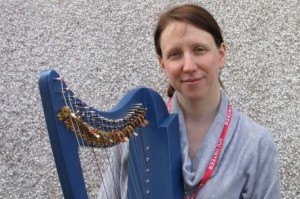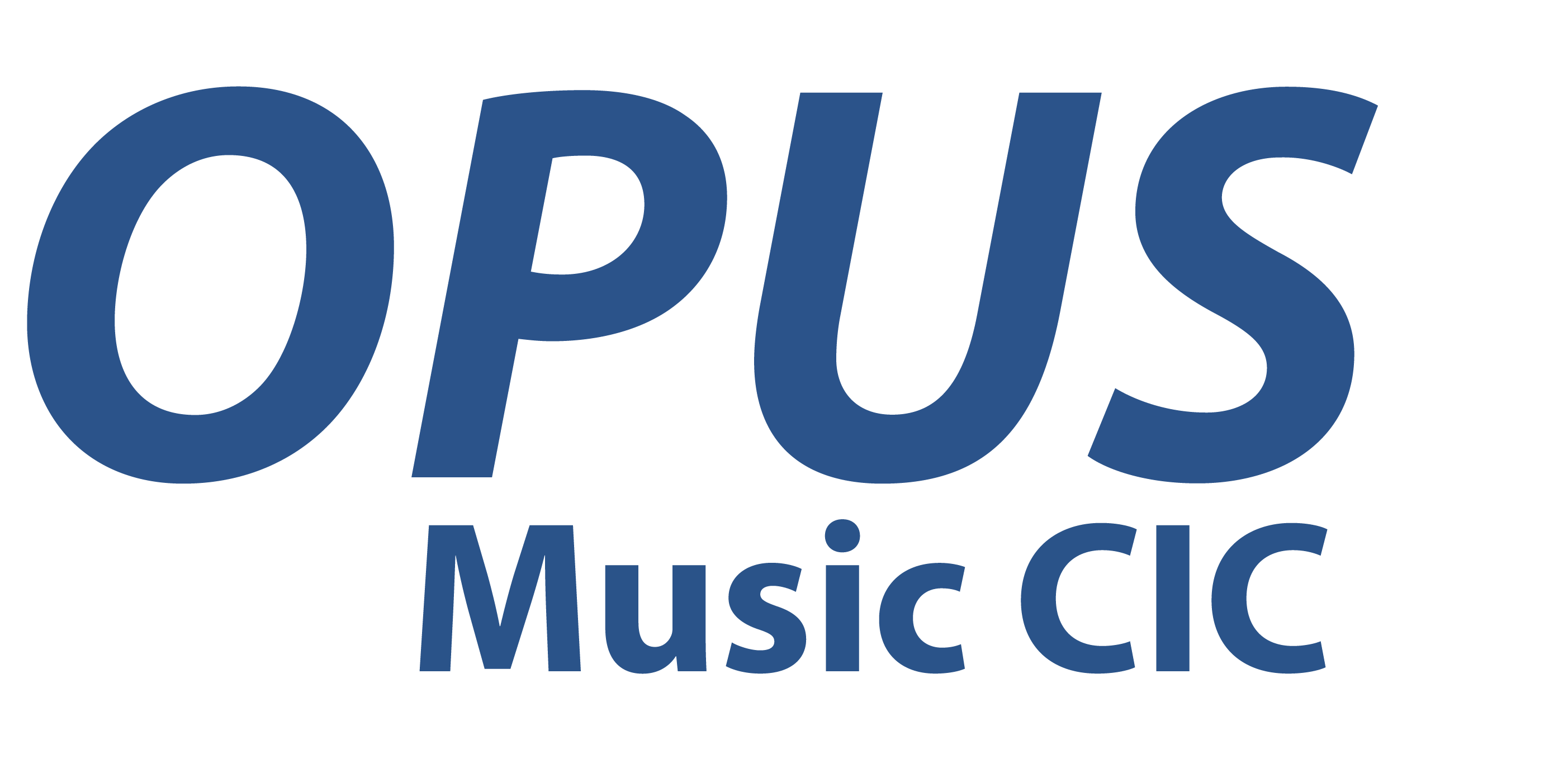 Working as an associate musician for OPUS provides me with the great privilege of working musically within my local hospital setting. Three times a month, I visit both adult and paediatric wards at Furness General Hospital, making music for and with patients, staff and visitors.
Working as an associate musician for OPUS provides me with the great privilege of working musically within my local hospital setting. Three times a month, I visit both adult and paediatric wards at Furness General Hospital, making music for and with patients, staff and visitors.
Unlike the main OPUS music in healthcare practitioners, my work is mostly solitary, and I am aware of how this brings slight differences in our practices. I am also learning all the time, and the ‘expect nothing’ mantra is key to approaching each interaction with eyes, heart and mind open.
Music in a clinical setting has potential for impact in so many ways, from bringing a change in the atmosphere, providing comfort and distraction, reinforcing the well side of patients, through to providing some autonomy and control in a setting where so much can feel out of a patient’s hands.
Perhaps the biggest, lasting impact I notice in my own work is that of being the starter of conversations. On a bay of 6 beds, the shared experience of the musical presence frequently opens up interaction between patients on their own music experiences. The joy of music is something almost all have been affected by at some point or other in their lifetimes.
It is something we all have opinions on – ‘I don’t like this modern stuff’ ‘I like all sorts of music’ ‘You can’t beat the old classics’ ‘You can’t beat a bit of rock & roll!’
It is also something many have had lasting experiences with, whether it was watching live-aid or the proms on the telly, to seeing an act live on stage or at a wedding. Not forgetting how many of us either had the opportunity to learn an instrument as a child, or wish that we had. Perhaps family members play something now.
Conversations starting from the basis of music can lead to all sorts of further topics, from who is in your family to the places you’ve lived over the years… And even if no memory is sparked from being a part of this musical experience in the hospital, there is always the current shared music itself to discuss!
Also of note, is the way the music can spark non-medical interactions between staff and patients. Whilst of necessity tending to be briefer, these discussions take place between two human beings, at once equals and brought together by this shared experience. No longer a care-giver talking to a poorly person, the music can really have an impact, allowing both to see the other for the human being they are.
And let us not forget the family and visitors of patients, who may sit at their bedside for hours at a time. As before, sharing in the music together can spark so much to talk about, often when the day-to-day news has dried up. It can also provide a respite from having to talk at all – an opportunity to be present together without need for words – and this can be just as valuable.
I have also had the privilege to witness the presence of live music-making provide opportunities for parents of very young or very sick children to find additional ways to engage with their loved ones. Where words aren’t cutting through to a child’s understanding, the music can. As their mother, father, grandparent, aunt, uncle hold them close, or stroke their head, or hum and sing along, it can really help to convey their love, their caring, their desire to comfort.
I have found in all my work as a musician in healthcare that where the music itself ends, the interactions it sparks continue to ripple through the space remaining, often long after the musician has gone. Perhaps one of the biggest impacts of my work is when I am not present to witness it…
—–
Mary Dunsford is an associate musician of OPUS Music CIC, and has been working at her local hospital setting, Furness General Hospital, for the last 12 months. We are delighted that Mary has been granted a further 2 years funded residency, through the Sir John Fisher Foundation, to continue her programme of work making music on her harp for and with visitors, staff and patients at their bedsides.
Listen here for a BBC Radio Cumbria clip of Mary’s work from last year.





